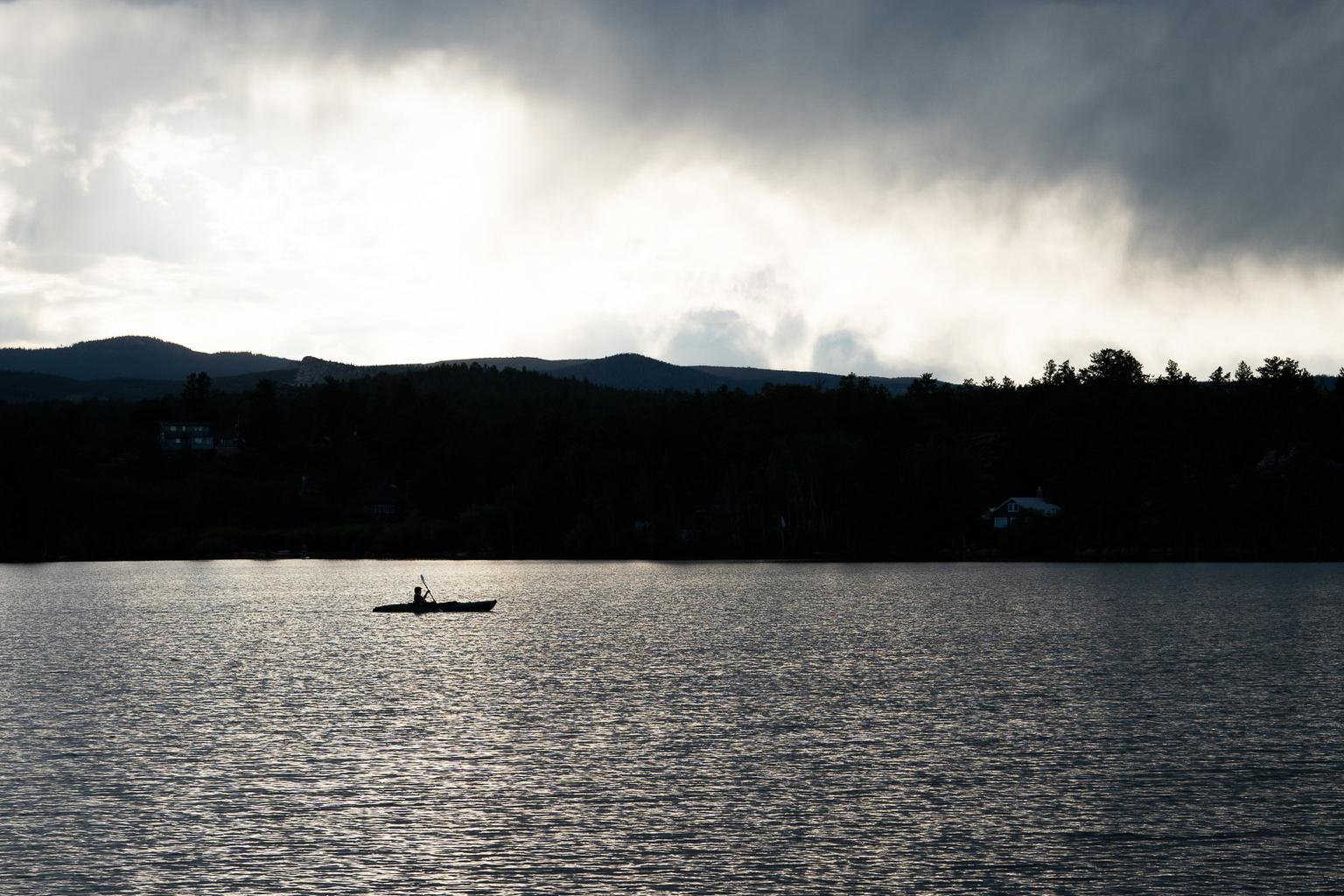
Editor's Note: This story is part of a long-term reporting project from CPR News that explores how climate change is affecting Colorado, what's being done to address those changes and more.
Is there a noticeable difference between 74 and 78 degrees? The National Park Service says there is -- and they can prove it.
As the mercury rises, there comes a point when people stop coming to visit the parks, says Gregor Schuurman, an ecologist with the park service.
"Think about it like a parabolic curve, that starts low, goes up, and then drops back down...it's a fairly sharp drop," said Schuurman, who co-authored a paper in 2015 on the phenomena.
The magic number, as it were, is between 75 and 80 degrees. Schuurman also says there's also a point when dropping temperatures affect park attendance. In fact, warmer temperatures are expected to boost visitorship at colder parks like Acadia National Park in Maine and Colorado's own Rocky Mountain National Park.
"There's room to grow, so to speak, under a warming climate," Schuurman says.
Schuurman and his colleagues studied visitors' habits in the same way they study the parks' animal populations.
"That makes sense to us," he says. "Several of us on the paper have an ecological background so we think and focus a lot on our natural resources in parks and beyond."
With the average temperature at national parks rising, Schuurman says management has to begin to think creatively in order to keep attracting visitors.
"If you're in the Great Sand Dunes in the summer, and you go beyond that 78 degree threshold," he said, "then a suggestion would be to have activities later, maybe featuring stars and bats and the like, things that happen after it gets cooler."
Related:









